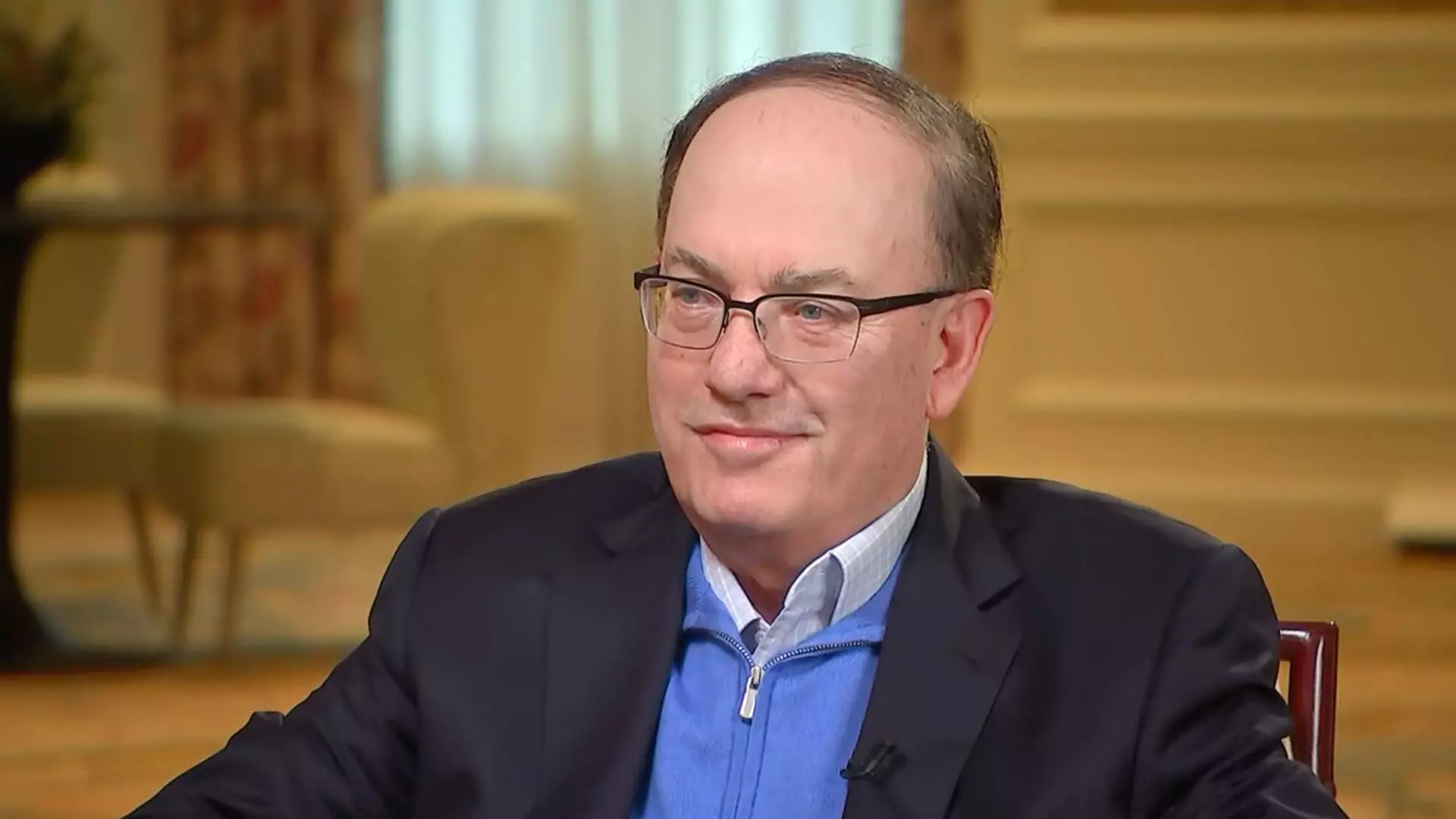Billionaire hedge fund manager Steve Cohen has expressed significant concern regarding the current state and future trajectory of the U.S. economy, spotlighting several critical factors including trade policies, labor market constraints, and government expenditure cuts. His remarks, made during the FII Priority Summit in Miami Beach, reveal a stark shift in his economic outlook as he points to the implications of tariffs, immigration policies, and a tightening federal budget.
As Cohen articulated, the aggressive trade policies implemented by the Trump administration have elevated fears surrounding inflation and consumer spending. Tariffs, framed by Cohen as a de facto tax, serve to inflate prices and deter consumer purchases. Such policies create an adverse cycle, where increased costs can lead to reduced consumer spending—an integral driver of economic growth. Cohen’s resolute statement, “Tariffs cannot be positive, okay? I mean, it’s a tax,” underscores his belief that these protectionist measures may ultimately undermine economic stability.
Labor Shortages and Economic Growth
The issue of immigration is another critical aspect impacting the labor market, which Cohen claims is experiencing a deceleration of growth due to stricter immigration regulations. He pointed out that a decrease in immigration might lead to a tighter labor market, which could stifle economic expansion. With fewer workers available, the capacity for business growth and production tends to diminish, potentially causing a ripple effect of slower economic progress.
Cohen’s analysis raises pressing questions about the balance of labor supply and demand in the context of broader economic strategies. As he noted, the slowdown in immigration means that the labor force growth rate may not mirror the rapid increases seen over the past five years. If labor shortages persist, companies might struggle to maintain productivity, contributing to an overall economic slowdown.
Cohen also critiqued governmental cost-cutting measures spearheaded by figures like Elon Musk, especially amidst discussions about a proposed $2 trillion reduction in federal spending. He argued that such significant financial retrenchments could have negative ramifications across various sectors of the economy. With money previously circulating within the economy being withdrawn, Cohen posits that this contraction will likely lead to further economic distress, demonstrating the interconnectedness of fiscal policy and economic health.
Considering these interconnected factors, Cohen foresees potential volatility ahead. He projected a slowdown in economic growth, indicating a shift from a 2.5% growth rate to an anticipated 1.5% in the latter half of the year. Additionally, his insights hint at a significant stock market pullback as uncertainties persist in the macroeconomic landscape.
Cohen’s cautionary view exemplifies a broader narrative in the investment community, where analysts and investors alike are reevaluating their strategies in light of evolving economic indicators. He suggests that the economic regime may be undergoing a transformation, likely leading to correction periods that investors should prepare for. His comments serve as a reminder that the factors influencing economic performance are multilayered and require meticulous analysis to navigate effectively in a volatile climate.
Steve Cohen’s insights on the U.S. economy reveal a landscape fraught with challenges stemming from tariffs, immigration policy, and federal spending cuts. The confluence of these elements suggests that investors need to brace for potential market corrections as they respond to the shifting dynamics of the economic environment.

